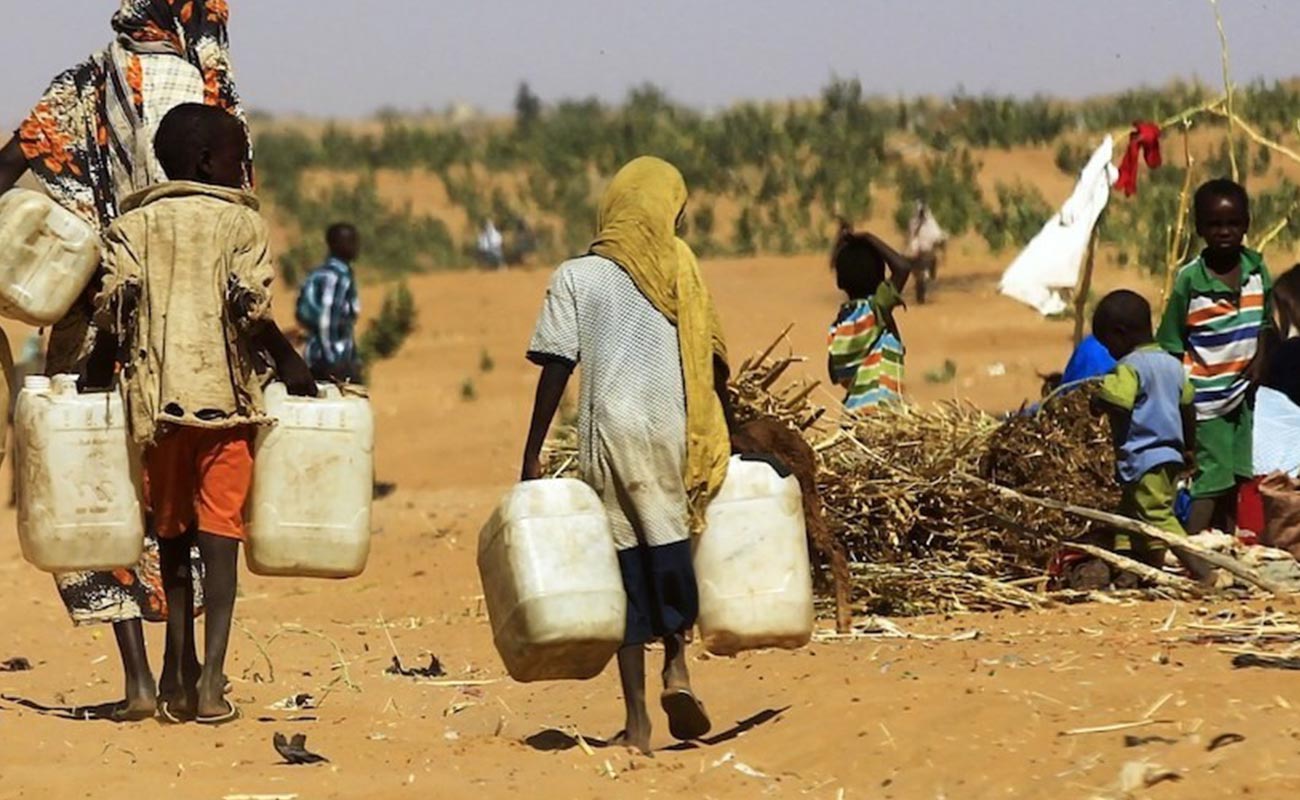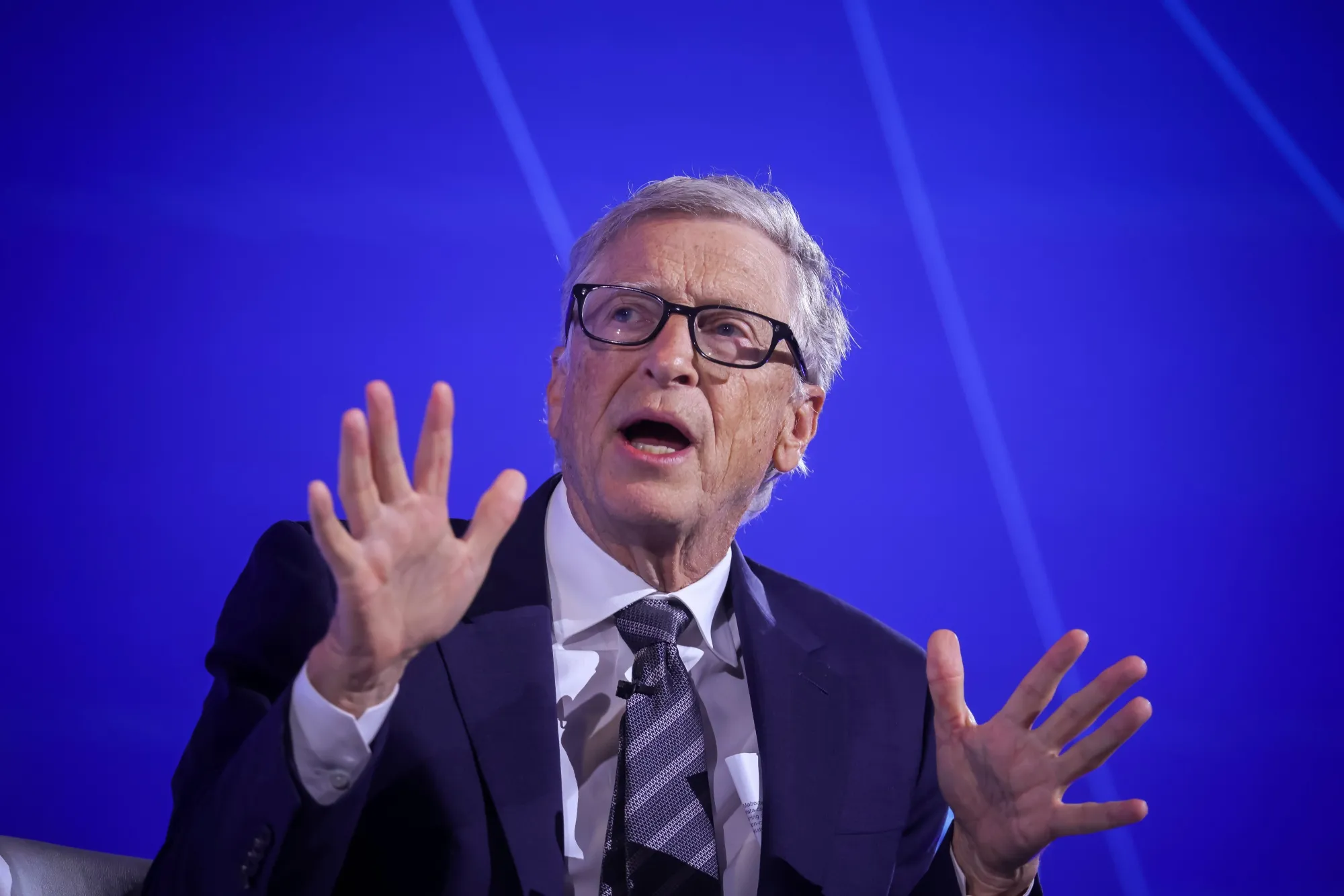In a striking departure from mainstream climate activism, billionaire philanthropist Bill Gates has urged global leaders and donors to rethink how they allocate resources in the fight against climate change.
Writing in a new essay published Tuesday on gatesnotes.com, Gates argued that while climate action remains important, the world’s funding priorities have become “misguided,” neglecting more immediate threats such as disease, famine, and poverty.
Gates, a longtime advocate for reducing carbon emissions, said that the push for “zero carbon” has achieved real progress .
.
Still, too much money is being poured into expensive and uncertain initiatives, at the expense of saving lives today.
“Climate change, disease, and poverty are all major problems,” Gates wrote.
“We should deal with them in proportion to the suffering they cause.”
According to Gates, climate change will not “wipe out humanity,” as some activists claim, though it will continue to cause significant harm, particularly in poorer countries.
He emphasised that addressing hunger and preventable disease deserves renewed attention, especially in light of recent U.S. aid cuts.
The Trump administration’s elimination of USAID, which previously provided more than $8 billion annually to supply food and medicine to vulnerable populations, has deepened global concern over the availability of humanitarian aid.
Gates warned that these cuts “inflict potentially lasting damage” on international efforts to fight famine and life-threatening illnesses.
“Although climate change will have serious consequences, particularly for people in the poorest countries, it will not lead to humanity’s demise,” Gates wrote.
“This is a chance to refocus on the metric that should count even more than emissions and temperature change: improving lives.”
Speaking to CNBC’s Andrew Ross Sorkin, Gates described the strategic shift as a “huge disappointment” but said it was necessary to confront “the realities of global suffering.”
He maintained that continued investment in clean energy and emissions reduction is essential but must be balanced with support for health systems, food security, and poverty alleviation.
The essay’s timing, just weeks before the COP30 Climate Summit, has sparked intense debate among environmental and humanitarian circles.
Critics argue that Gates is presenting a false dichotomy, noting that climate change itself drives food insecurity and the spread of diseases.
“Humans are resilient, and while billion-dollar disasters will become more frequent and devastating, humans will not be wiped from the face of the Earth,” said Jennifer Francis, senior scientist at the Woodwell Climate Research Centre.
“However, investment needs to continue to focus on curing the disease, emissions of heat-trapping gases, while also treating the symptoms, which include improving health and hunger.”
Gates rejected suggestions that his stance represents a reversal of his earlier positions.
Instead, he called it a rebalancing of priorities, urging philanthropists and governments to measure success not only by emissions reduced but by lives improved.
His message, though controversial, challenges the global community to pursue a broader, more human-centred definition of progress.

